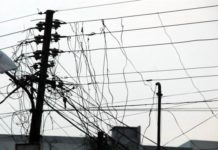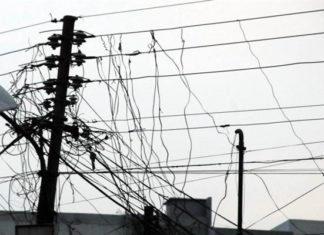Despite the government’s ongoing efforts to attract foreign direct investment (FDI) to stabilise Pakistan’s fragile economy, industry experts caution that these inflows will remain short-term unless deep-rooted structural reforms are implemented to ensure long-term, innovation-driven growth.
While recent investments from China, the UAE, and Belarus have been welcomed, experts argue that these ventures are primarily capital-intensive and not focused on innovation. They believe such investments cannot compensate for the departure of multinational companies that previously set high standards for research, development, and corporate governance.
Experts highlight that Pakistan’s economic environment has witnessed the exit of multinational corporations from key sectors like pharmaceuticals, FMCGs, telecom, and tech. This has been reflected in a slight decrease in FDI inflows, which amounted to $1.84 billion in FY25, down from $1.9 billion in FY24, signaling growing uncertainty and diminishing investor confidence.
While many recent foreign investments in energy and finance are linked to state-driven projects like the China-Pakistan Economic Corridor (CPEC), they do not necessarily translate into technology transfer, local innovation, or long-term job creation, experts note.
The exit of major pharmaceutical companies has been attributed not only to high taxes but also to structural inefficiencies, such as stringent price controls and inadequate intellectual property protection. Similarly, the retreat of telecom companies and other tech players suggests that Pakistan’s regulatory and market conditions are not conducive to sustained investment.
Industry insiders argue that Pakistan’s FDI policy lacks predictability and depth, with inconsistent policymaking deterring long-term investment. They emphasise the need for transparent taxation, a stable regulatory environment, and a stronger legal enforcement mechanism to foster investor confidence and retention.
Despite government efforts to establish state-to-state partnerships, experts believe that creating a credible environment for private, innovation-driven investment is essential for long-term economic growth. Challenges such as high energy costs, exchange rate volatility, and political instability continue to pose significant barriers to reinvestment.
Furthermore, although the government is engaged in sector-specific FDI initiatives for energy, infrastructure, and manufacturing, experts suggest the focus should shift toward innovation-led sectors such as IT and pharmaceuticals, where sustainable economic impact can be achieved.
Pakistan is seen as having great potential in manufacturing and exports. However, unless macroeconomic volatility and exchange rate fluctuations are addressed through consistent, reform-driven policies, foreign investment will remain episodic, with only brief inflows and no lasting economic transformation.
Economists and industry experts agree that foreign capital alone cannot rebuild investor confidence. It must be supported by a reform-driven governance framework, improved ease of doing business, and stronger protection of investor rights to ensure meaningful, long-term growth.
























